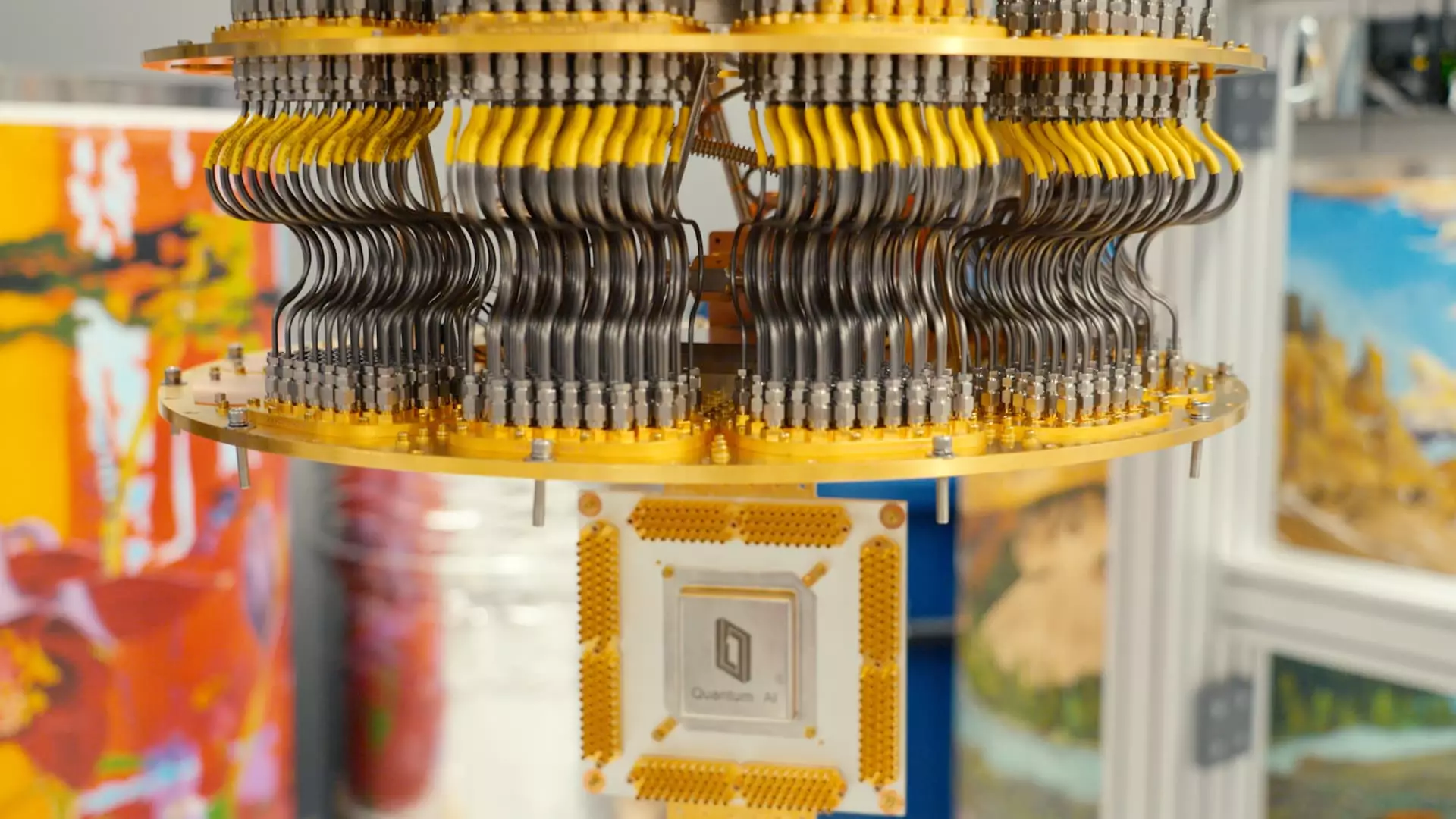In the serene yet buzzing Santa Barbara, California, behind an enigmatic façade, a cadre of scientists at Alphabet is immersed in one of the most promising yet daring ventures of our time: the race to build the world’s most sophisticated quantum computers. The stakes are high, and the ambition is palpable. Julian Kelly, the director of hardware at Google Quantum AI, perceives a harmonious future where quantum computing and artificial intelligence intertwine, suggesting that their synergy could unlock new realms of potential. Such a powerful vision might be what distinguishes successful tech giants from those left behind in the fast-evolving digital landscape.
Playing Catch-Up in the AI Era
Google’s foray into generative AI might have appeared tardy, especially after OpenAI catapulted to notoriety with the launch of ChatGPT in late 2022. The tech behemoth, often perceived as a pioneer, has at times seemed reactive rather than proactive. This perception is a hard pill to swallow for a company with such immense resources and intellect. However, the unveiling of the Willow quantum computing chip signals a strategic pivot. Google is not merely treading water; rather, it is plunging into uncharted waters with the hope of pacing ahead of its competitors as they navigate the impending technological renaissance.
The Power of Willow: A Quantum Breakthrough
The Willow chip represents more than just a technical advancement; it is a beacon of hope within the quantum computing domain, boasting efficiency that far surpasses classical systems. According to renowned quantum theorist John Preskill, this innovation may well signify a critical milestone in the journey toward practical quantum applications. As the world grapples with the limitations of classical computing, which is slowly reaching a saturation point, Willow stands to redefine what is achievable. Suddenly, Google finds itself at the forefront, not just as a player but as a potential leader charting a new course toward the future of computation.
AI Meets Quantum: A New Frontier
As AI models bump against the constraints of available data, the need for innovative solutions becomes imperative. Google’s exploration into quantum computing—especially in generating unprecedented data—could be the key to breaking this data wall. As Kelly highlights, the synergy between quantum mechanics and data generation could serve as a catalyst for advancements in AI. Quantum computing doesn’t just promise a faster way to solve problems; it potentially revolutionizes the types of problems that can be tackled in the first instance, enhancing the depth and breadth of AI’s capabilities.
Anticipating Practical Applications
Kelly’s assertion that a breakthrough application could emerge within five years provides a tantalizing glimpse into the future. Will Google succeed in transitioning its groundbreaking research into practical tools that can revolutionize industries? The prospect is both exciting and daunting. The challenge lies in navigating the inherent complexities of quantum systems while ensuring that the applications remain relevant and beneficial.
Transforming ambitious research into real-world solutions is no easy feat, but if anyone is equipped to tackle it, it is Google’s team of visionary scientists. As we look ahead, the landscape of technology could shift dramatically, driven by these quantum innovations that promise to reshape industries, accelerate advancements, and perhaps even redefine our relationship with technology itself.

